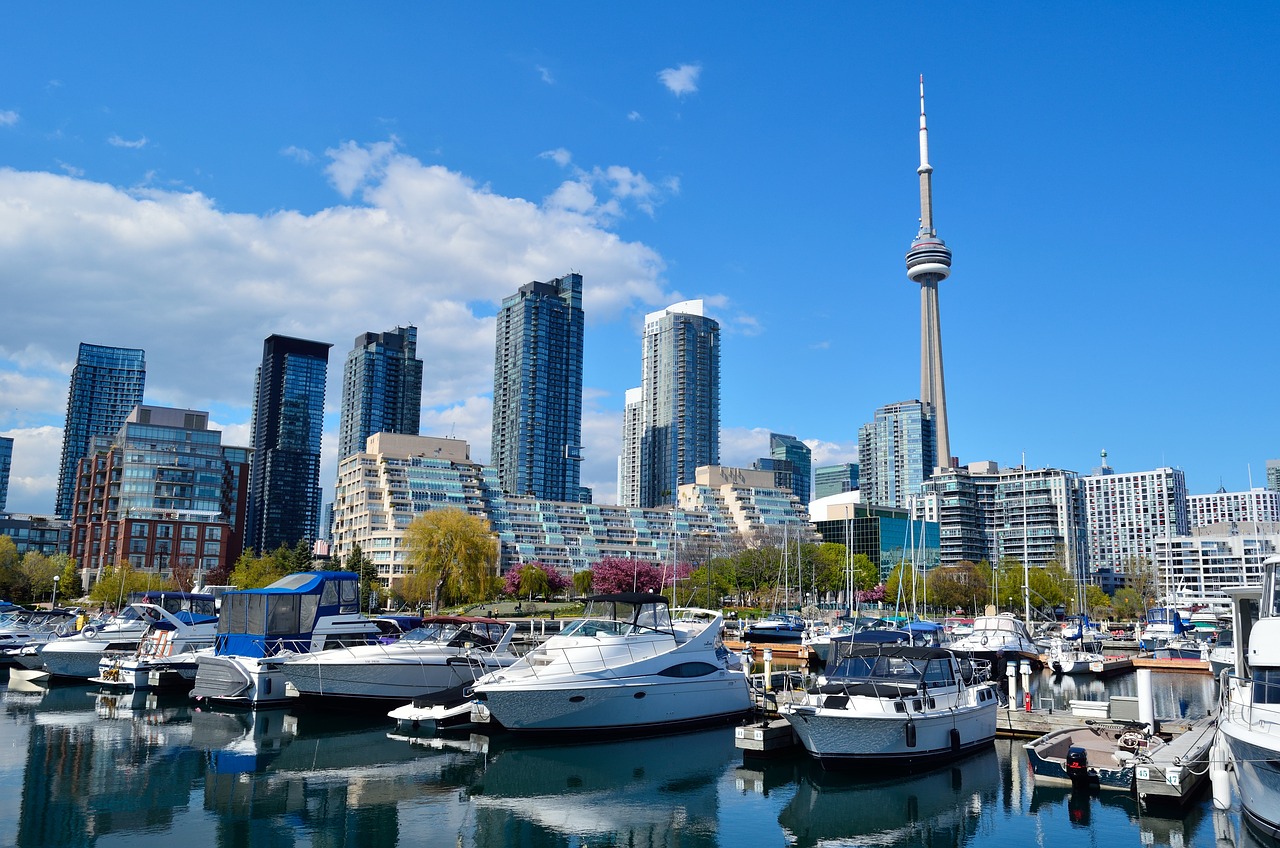Downtown Guelph is situated above the confluence of the Speed River and the Eramosa River, which have numerous tributaries. The Speed River enters from the north and the Eramosa River from the east; the two rivers meet below downtown and continue southwest, where they merge with the Grand River (Ontario). There are also many creeks and smaller rivers creating large tracts of densely forested ravines, and providing ideal sites for parks and recreational trails. The city of Guelph is built on several drumlins and buried waterways, the most notable being an underground creek flowing below the Albion Hotel, once the source of water used to brew beer.
The City of Guelph operates Guelph Museums, including the Guelph Civic Museum which showcases the city’s history with exhibits, an interactive gallery and special events; this facility has some 30,000 artifacts. Since 1983 when the city took over this facility, the Civic Museum has also operated McCrae House, the birthplace of Lieutenant-Colonel John McCrae (1872-1918), author of In Flanders Fields. The Museum also arranged for the restoration and placement of Locomotive 6167, a 1940s steam engine, which was located at the Guelph Central Station, but was moved to John Galt Park in November 2020 in order to make room at the station for future expansion of train service.









